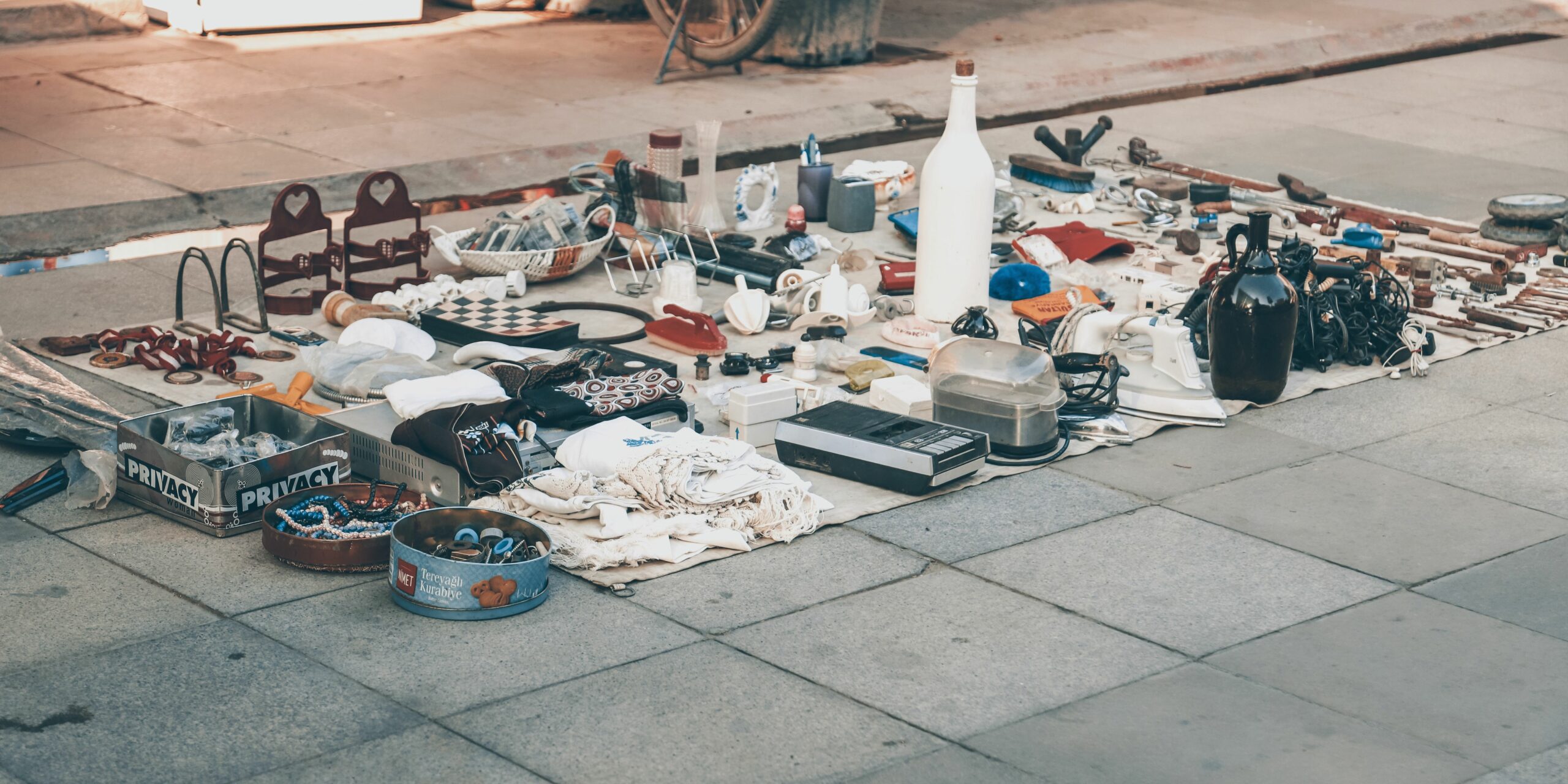Offerup and Mercari are two of the biggest players in the online marketplace space. Both platforms offer a convenient way for people to buy and sell secondhand items, but there are some key differences between the two. To help you decide which one is right for you, let’s break down Mercari vs Offerup.
What is Offerup?
Offerup is a mobile app that allows people to buy and sell secondhand items locally. Launched in 2011, Offerup is now one of the largest online marketplaces in the United States. One of the benefits of using Offerup is that transactions are completed in person, so you never have to worry about shipping items or dealing with payment disputes.
What are the benefits of using Offerup?
OfferUp is easy to use.
Creating a listing on OfferUp takes just a few minutes, and buying an item is as simple as clicking “Buy now.” The app also makes it easy to stay organized by keeping track of your favorite listings, previous purchases, and open transactions all in one place.
OfferUp has a wide selection of items.
No matter what you’re looking for, chances are you’ll be able to find it on OfferUp. The app has millions of listings from people all over the country, so whether you’re in the market for a new couch or a used car, you’re sure to find what you’re looking for.
OfferUp is free to use.
Unlike some other buying and selling platforms, there are no fees associated with using OfferUp. You can list as many items as you want for free, and there’s no commission when your items sell.
What are the cons of using Offerup?
Scammers are everywhere
One of the dangers of OfferUp (and other similar apps) is that you never really know who you’re dealing with. Unlike in a brick-and-mortar store, there’s no way to verify the identity of the person you’re buying from or selling to. This makes it very easy for scammers to take advantage of unsuspecting users.
Expectations vs. reality
When you’re buying something secondhand, there’s always a risk that it’s not going to be exactly as described. Maybe the item is damaged in some way, or maybe it just doesn’t work as well as you thought it would. Obviously, this isn’t always the case—but it’s something to keep in mind before making any purchase.
What is Mercari?
Mercari is an online marketplace that allows people to buy and sell new and secondhand items. Mercari was launched in 2013 and has quickly become one of the most popular online marketplaces. One of the benefits of using Mercari is that it offers a wide range of products, from clothes to cosmetics to home goods.
What are the benefits of using Mercari?
No Listing Fees
One of the great things about Mercari is that it does not charge listing fees. This means that you can list as many items as you want without having to pay a fee for each listing. This is a big advantage over other selling platforms such as eBay, which charges listing fees.
No Commission Fees
Mercari also does not charge commission fees. This means that you get to keep 100% of the sale price of youritem. On other platforms such as Etsy, sellers are charged a commission fee for each sale. So if you sell an item for $100, you would only get to keep $80 after the commission fee is deducted. With Mercari, you get to keep the entire $100.
Easy to Use App
Mercari has a very user-friendly app that makes buying and selling items easy. The interface is straightforward and easy to navigate. You can also manage your account and listings from the app, which is very convenient.
What are the cons of using Mercari?
Fees
Mercari charges sellers a 10% fee on all items sold. This is higher than the fees charged by other comparable sites. For example, eBay charges a 9% fee for most items sold, and Amazon charges between 6-20% depending on the category of the item being sold. So, if you’re selling an item on Mercari, expect to lose 10% of the sale price to fees.
Lack of buyer protections
Another potential downfall of using Mercari is that there are no real buyer protections in place. This means that if you purchase an item and it arrives damaged or not as described, you’re out of luck. You can file a dispute with Mercari, but they tend to side with the seller in these cases. In contrast, sites like eBay and Amazon have much stricter buyer protection policies in place. So, if you’re considering using Mercari, just be aware that you’re taking on some additional risk as a buyer.
Sellers can cancel orders
Unlike some other marketplaces, Mercari does not have a policy in place that requires sellers to honor their committed sales. This means that a seller could agree to sell you an item and then back out at any time before shipping it to you. Obviously, this is frustrating for buyers who may have already made arrangements to receive the item they purchased. If you use Mercari, just be aware that this is a possibility and try to work with sellers who have good ratings and feedback scores.
Mercari vs Offerup: What’s the bottom line?
Mercari:
Pros:
No fees for listing items
Ships items directly to buyers
Direct deposit into your bank account
Tax information is provided at the end of the year for easy tax reporting
Buyer protection against fraud and scams
24/7 customer support
Cons:
Fees on sold items (10% of total sale)
OfferUp:
Pros:
No fees for listing items or for sold items
20 million active users
Cons:
Limited customer support (only available Monday-Friday, 9am-5pm PST)
Local only (can only ship within the same state)
No buyer protection against fraud or scams
Both Offerup and Mercari are great platforms for buying and selling items online. They both have a wide variety of items available and secure payment methods. However, Offerup is easier to use and has a better interface. If you’re looking for an easy to use marketplace with a lot of available items, then Offerup is the better choice. However, if you don’t mind a learning curve and want a marketplace with generally responsive sellers, then Mercari is a great option.
Looking for a different way to find secondhand items?
Check out Do U Have. Do U Have is an online marketplace that connects buyers with sellers and helps people find items they’ve been looking for. From everyday to vintage, Do U Have lets people who are searching for specific items create posts and connect directly with potential sellers. It flips the script on traditional secondhand marketplaces by showcasing what people are looking for — as opposed to what people already have.


